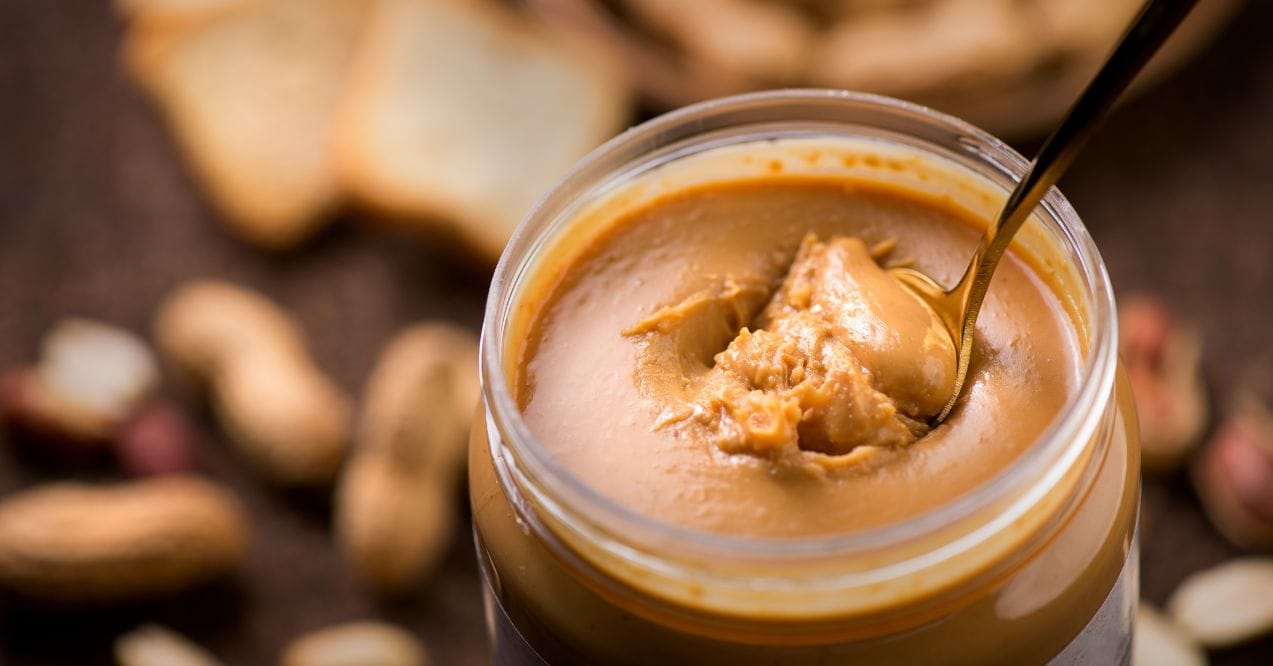8 Worst Foods for Lymphatic System
Avoid the 8 worst foods for lymphatic system health to maintain balance and immunity. Find out what to cut from your diet now!


Dietary choices greatly impact health, and as this article’s title suggests, we’re exploring the worst foods for lymphatic system health. The lymphatic system is a network of vessels, organs, and tissues that protect against infection and maintain fluid balance.
Often called the body’s “sewerage system,” it does much more. It supports immunity, regulates blood pressure, and absorbs fats essential for energy, brain function, and hormone production.
When compromised, it can lead to joint pain, migraines, frequent infections, and skin issues. Taking care of the lymphatic system is essential for overall health.
What Is the Lymphatic System?
As we have already mentioned, this system is a complex network of vessels, organs, and tissues that interact synergistically to perform several bodily functions. This vascular system comprises lymphatic vessels (similar to veins and capillaries in the circulatory system that circulate a clear fluid called lymph throughout the body.
Lymphatic vessels connect to approximately 800 lymph nodes, which are kidney-shaped structures that detect specific pathogens, abnormal cells, and other foreign materials to filter them from the lymph. Other organs that are part of the system include the thymus, bone marrow, and spleen.
For its role in immune function and disease prevention, the lymphatic system produces and distributes white blood cells (leukocytes), whose primary function is to defend the body against disease-causing microorganisms.
The bone marrow’s hemopoietic stem cells proliferate into all types of blood cells (white blood cells included), and then lymph distributes leukocytes to all body parts and B-cells to the lymph nodes, thanks to the interconnected web of lymphatic vessels. The spleen supports this function by serving as a reservoir for immune cells and aiding in filtration.
Finally, the thymus, an organ that sits behind the ribcage in your upper chest, supports the production and maturation of T-cells. T-cells are a class of lymphocytes, which are one classification of white blood cells.

Worst Foods for Lymphatic System Health
It is no secret that certain foods will negatively impact the functioning of the lymphatic system. In fact, highly processed foods, artificial additives, trans fats, and sugars are some of the worst foods for lymphatic system health. A regular diet rich in one or all of these may lead to acute inflammation, hindering optimal function of the lymphatic vessels.
Excessive intake of sugars, in particular, may contribute to uncontrolled weight gain, a symptom professionals associate with impaired lymphatic function. On the other hand, highly processed foods rich in sodium contribute to water retention and rob the system of its ability to adequately balance body fluids.
In the long term, poor nutrition may cause chronic inflammation. What’s worse, the features of acute inflammation persist as the inflammation becomes chronic, contributing to tissue damage and impairing the immune response.
For optimal lymphatic system function, particularly if aiming for a lymphatic system cleanse, certain foods should be avoided due to their negative impacts on this crucial part of the immune system, such as:
1. Animal Fats
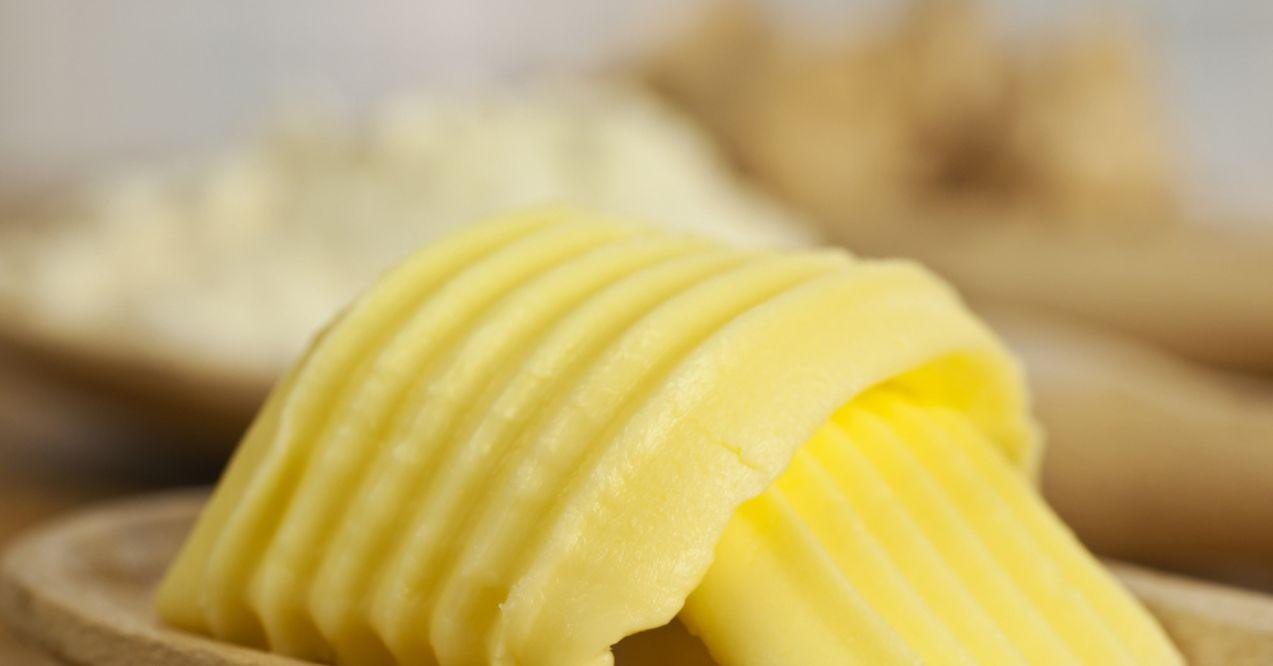
Foods like butter, lard, and fatty meats are rich in animal fats. Multiple studies associate the saturated fats in these foods with inflammation and the eventual development of chronic diseases. Excessive consumption of these foods may also induce oxidative stress, hindering waste product drainage and your system’s detoxification ability.
Did you know there’s a direct link between animal fat and weight gain? As previously mentioned, excess body weight alludes to impaired lymphatic function. Besides, most saturated fats other than eggs contain pro-inflammatory components, exacerbating the effects of acute inflammation and eventually turning it chronic.
2. Sugars

Added sugars in processed foods, sweetened drinks, and desserts contribute to massive weight gain because the body stores the extra glucose in the form of fat. Excess body fat, in turn, compresses lymphatic vessels. This compression hinders the adequate distribution of immune cells and nutrients to body tissues and suppresses the lymphatic system’s toxin-filtering function. Similar to animal fat, excessive sugar consumption may also trigger oxidative stress and contribute to chronic inflammation.
3. White, Refined Grains
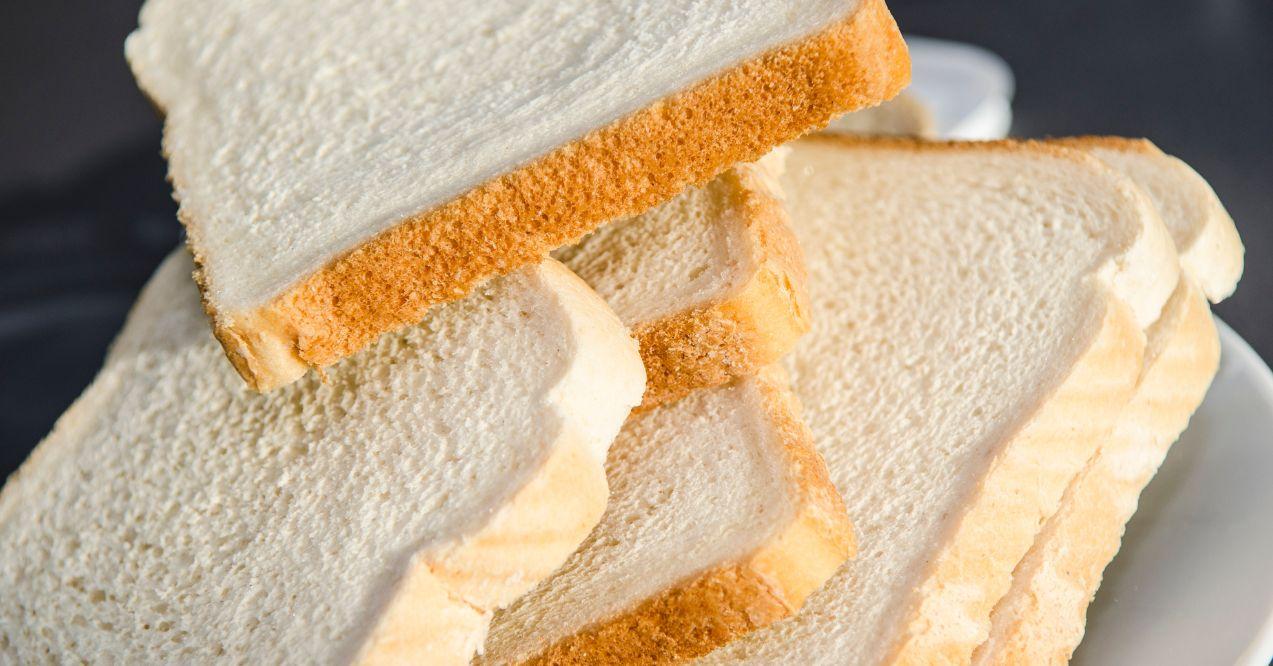
White bread, pasta, and rice are refined grains lacking nutrient-rich components. They are, instead, carbohydrate-rich foods that spike glucose levels in the blood when ingested. The rapid spikes may worsen existing lymphedema (also known as lymphatic obstruction), where body tissues swell due to fluid accumulation. Refined grains are also low in minerals, vitamins, protein, and fiber, a characteristic that potentially leads to inflammation and oxidative stress.
4. Processed Foods

Unsurprisingly, processed foods contain high amounts of artificial ingredients, preservatives, and additives. These foreign substances may contribute to free radical production within the body, resulting in oxidative stress and eventual inflammation. Processed foods also contain a high amount of saturated fats, whose effects we discussed earlier. Overall, this type of diet lacks the nutrients necessary for supporting overall health, including an optimally functional lymphatic system.
5. Red Meat
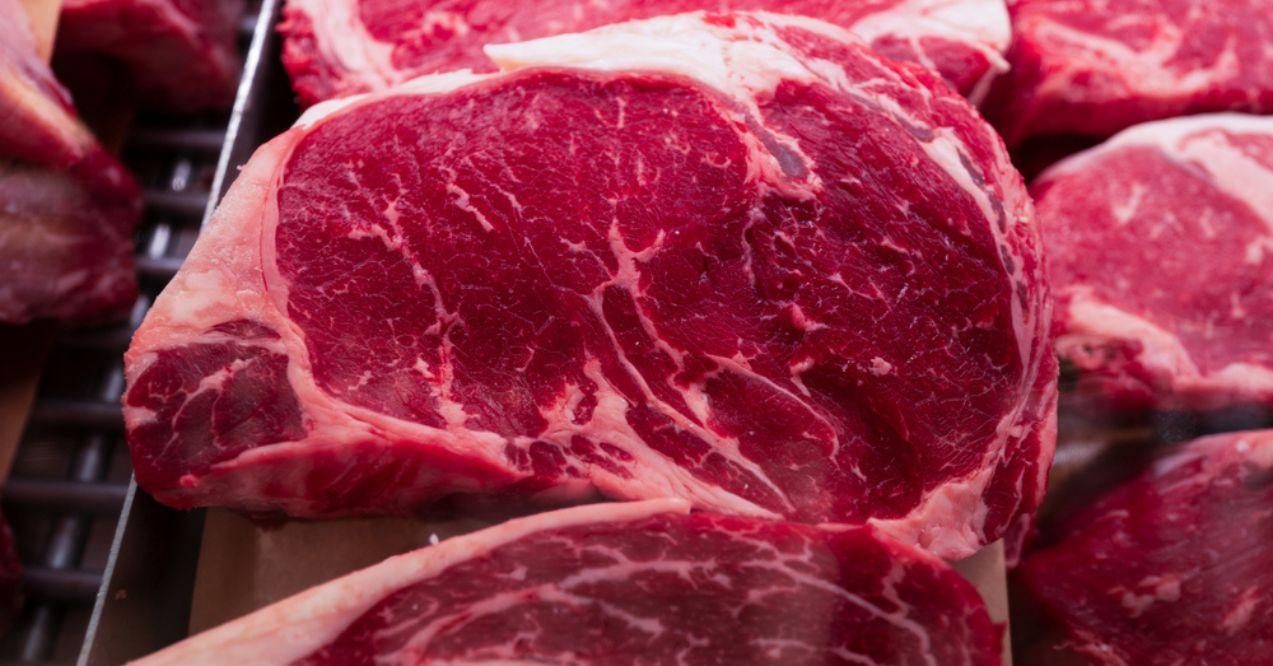
Red meat contains plenty of saturated fats, and need we remind you of the negative effects of this type of fat? In addition to what you already know, red meat is also rich in heme iron. When ingested in excess, heme iron actively contributes to oxidative stress, translating to tissue damage and inflammation.
6. Foods With Acrylamide
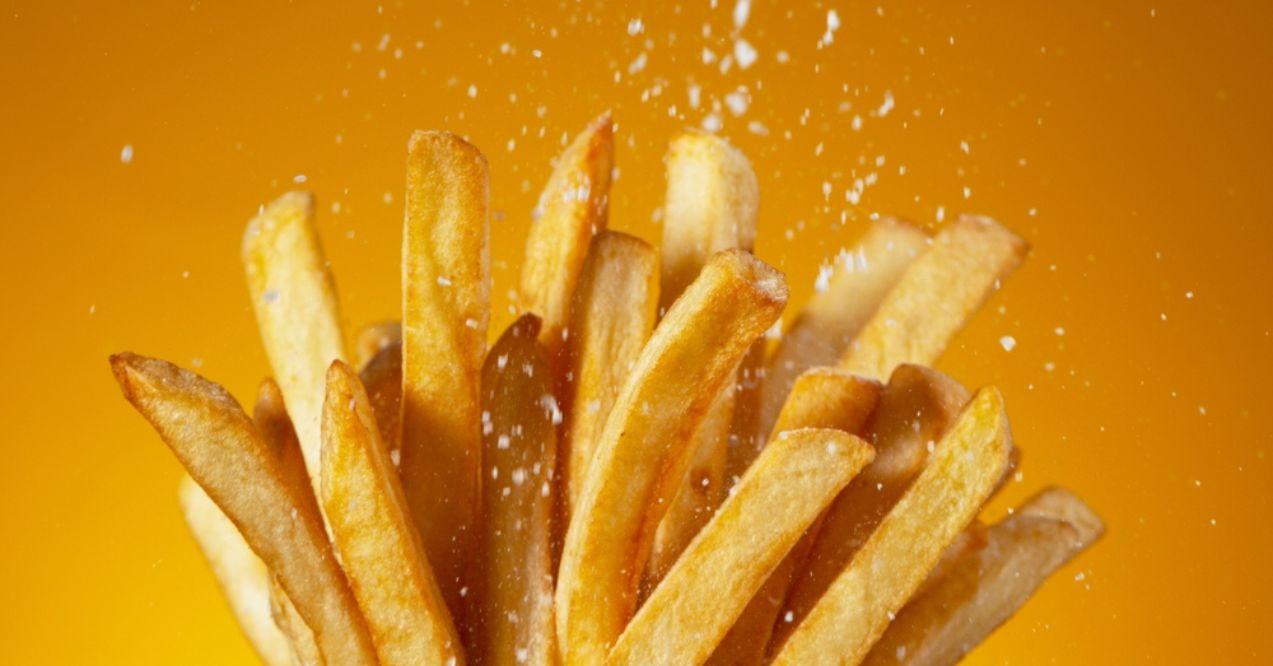
According to a cohort study in the Netherlands, acrylamide increases the risk of lymphatic malignancies. This carcinogenic substance is present in many foods, especially those subjected to high-temperature processes such as baking, roasting, or frying. French fries, cookies, and coffee all contain acrylamide and often lack the essential nutrients required for a balanced diet. As such, these foods do not support overall health.
7. High Sodium Foods
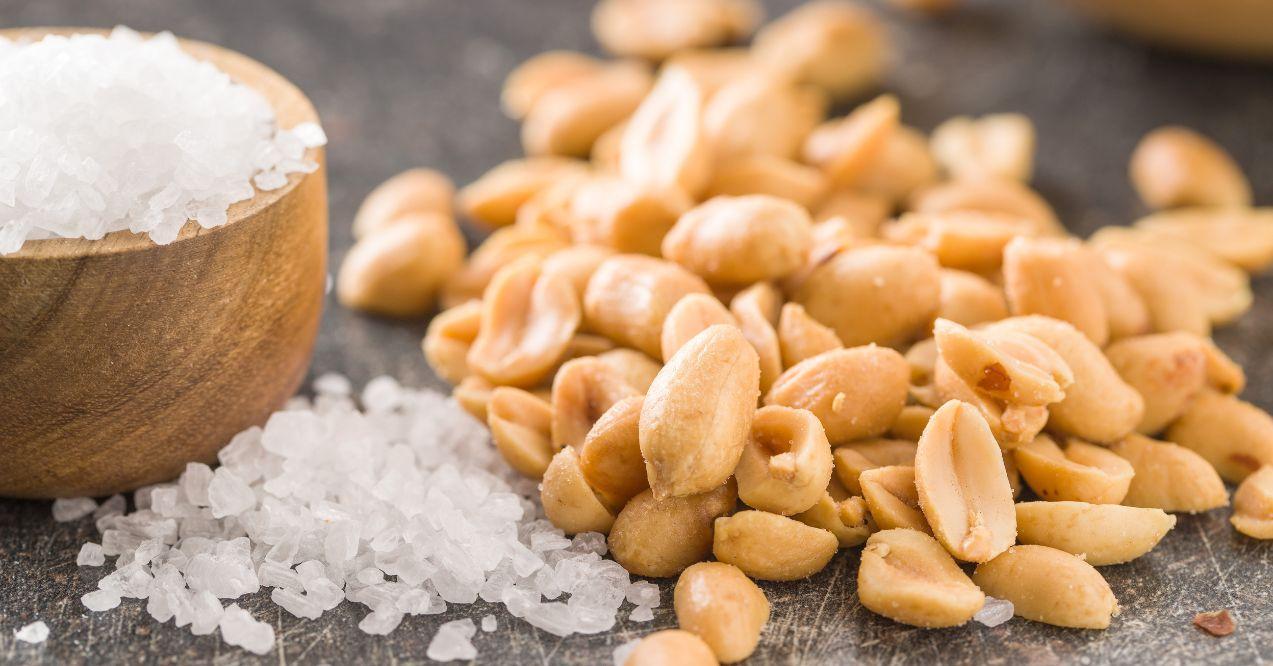
High-sodium foods are highly likely to create a hypotonic environment, causing water retention in cells and disrupting the body’s fluid balance. Fluid accumulation in cells and tissues causes edema, which is in itself an exacerbation of an already strained lymphatic system. When high sodium intake is habitual, chronic inflammation follows.
8. Caffeine
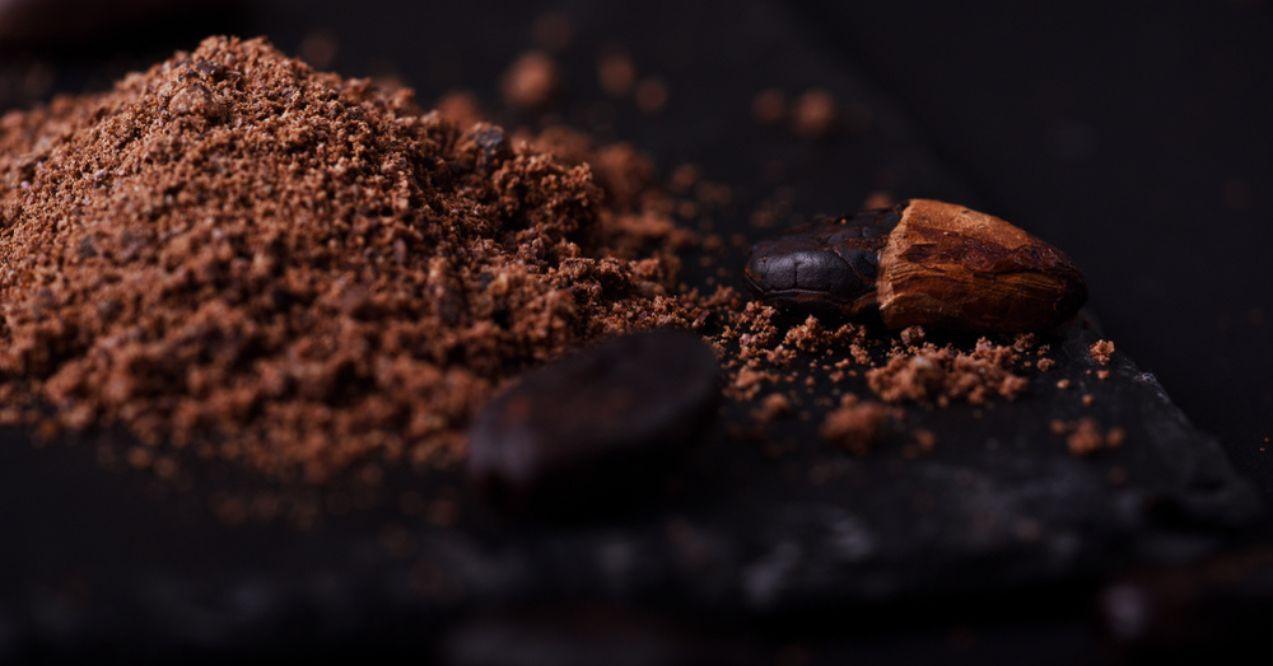
Caffeine is a well-known diuretic that increases urine production. Without sufficient water intake, it can lead to dehydration, disrupting the body’s fluid balance and impacting lymphatic function. In other words, caffeine affects healthy lymphatic drainage by slowing down the lymphoid system. This raises the question: can dehydration cause swollen lymph nodes? While not a direct cause, dehydration can impair lymph flow and contribute to discomfort or fluid retention.
What Foods Are Good for Lymphatic Drainage?
Now that we have gone over the worst foods for lymphatic system health, you must have asked yourself then, “What foods are good for lymphatic drainage?” Foods rich in anti-inflammatory properties and nutrients support overall health by providing a balanced diet and helping the lymphatic system in its drainage and immune functions.
For example, citrus fruits contain lots of vitamin C, a nutrient known for boosting immunity. Dark green vegetables come packed with antioxidants, vitamins, and minerals that promote optimal lymphatic flow. Berries also serve an anti-inflammatory function, as do omega-3 fatty acids present in flaxseeds, chia seeds, and fatty fish. Anti-inflammatory foods maintain an efficient and well-balanced lymphatic system, which, in turn, boosts the body’s immune system.
The following is a more wholesome breakdown of proper foods for lymphatic drainage.
Green Vegetables
Swiss chard, spinach, and kale are examples of dark leafy greens that are nutritional and antioxidant powerhouses. Green vegetables contain vitamins C and K, ensuring efficient immune system functioning. Vitamin K plays an additional role in blood clotting, while the antioxidants, including carotenoids and flavonoids, create an enabling environment for an optimal lymphatic system.
Although there’s research still underway, the current consensus is that chlorophyll in green vegetables plays an active role in the lymphatic system’s detoxification and toxin filtration functions.
Berries
Berries are rich in antioxidants such as quercetin and anthocyanins, which reduce oxidative stress by neutralizing free radicals present in the body. By doing so, they reduce the effects of both acute and chronic inflammation, promoting lymphatic function. They are also high in fiber, so they ease bowel movement, making it easier to excrete the waste filtered out via lymphatic vessels.
Nuts
Whole nuts such as walnuts, almonds, and cashew nuts contain mono and polysaturated fats, with omega-3 fatty acids being the most prominent on that list. In addition to providing energy, these fats support the structural integrity of lymphatic vessels, helping them remain flexible and permeable enough for efficient drainage.
Fruits
Thanks to the high water content in most fruits, they serve to rehydrate the body and maintain fluid balance. Fruits also have antioxidant properties, such as citrus fruits and berries, creating a favorable environment for lymphatic function.
Spices
Just like fruits, most spices come packed with anti-inflammatory and antioxidant properties. These include spices such as cinnamon, ginger, and turmeric. Others, such as cayenne pepper, improve blood circulation, which, in turn, translates to improved circulation in the lymphatic system.
Fish
Fatty fish, specifically salmon and sardines, are nutritional gems when it comes to omega-3 fatty acids. They are especially rich in eicosapentaenoic acid (EPA) and docosahexaenoic acid (DHA), both known to reduce inflammation while enhancing immunity. Salmons and sardines are also very rich in vitamin D, which regulates the immune system. Moreover, the amino acids these fish provide serve as building blocks for the proteins the immune system requires to perform its functions.
How Food Influences the Lymphatic System
With the discussion thus far, you must know how food influences the lymphatic system. But just to make it abundantly clear, let us break it down. Without a doubt, food plays an undeniable role in influencing the health and efficiency of the lymphatic system. Through various mechanisms, what we ingest impacts immune function, lymphatic flow, and general well-being. Said mechanisms include:
- Hydration: Proper water intake aids in efficient lymphatic flow by ensuring the lymph’s consistency remains optimal for circulation and toxin filtration.
- Antioxidant Properties: Foods with antioxidant properties neutralize harmful free radicals roaming throughout the body on account of oxidation. This action creates a more favorable working environment for the lymphatic system.
- Anti-Inflammatory Properties: Foods with anti-inflammatory properties reduce inflammation and, just like their antioxidant sibling, create a more enabling environment for the lymphatic system.
Evidently, the dietary recommendations here include adequate water intake as well as a diet rich in foods with all the properties mentioned above. Anti-inflammatory foods include fatty fish, green vegetables, berries, and spices. Antioxidants come in the shape of fruits and vegetables, especially bright-colored fruits.
While nutrition forms the foundation of lymphatic wellness, supplements can play a valuable supporting role—especially for those looking to maintain consistent circulation and detoxification. Discover our premium lymphatic system supplements. Formulated to support circulation, promote fluid balance, and maintain optimal wellness naturally. Explore the collection today!

How Does Alcohol Affect the Lymphatic System?
It is well-documented that excessive alcohol consumption is harmful to one’s health. If you are wondering exactly how it affects the lymphatic system, here’s how:
- Dehydration: Similar to caffeine, alcohol is a diuretic. It raises urine production, increasing dehydration risk if one fails to take enough water. Dehydration affects the body’s fluid balance and could lead to a thicker lymphatic fluid (lymph), hindering proper circulation.
- Impaired Liver Function: The liver is responsible for about 25% of the body’s lymphatic fluid. Excessive alcohol consumption leads to liver damage, affecting the organ’s ability to produce lymph and carry out detoxification.
- Weight Gain: Excessive consumption of alcohol has been known to cause weight gain. An accumulation of fat in the body may strain the ability of the lymphatic vessels to circulate efficiently to all body tissues.
- Impaired Immune Function: Excessive alcohol intake has been linked with immunosuppression. Alcohol impairs the function of alveolar macrophages and neutrophils, weakening the body’s ability to fight off infections.
Admittedly, what counts as safe levels of alcohol consumption for lymphatic health is relative. Nonetheless, you should proceed with moderation where the bottle is concerned. According to the CDC, moderate drinking translates to one drink per day for women and two drinks per day for men.
How Does Physical Activity Affect Lymphatic Health?
The effects of physical activity on lymphatic health are profound and have a bearing on the structure and function of the system. The lymphatic system has no pump, like the heart in the blood’s circulatory system.
So, it depends on body movements and diaphragmatic deep breathing to help move lymphatic fluids. Direct effects include increased lymphatic flow because of muscle contractions and enhanced immune function due to regular exercising. The indirect effects include weight management in that there is no accumulation of excess body fat and reduced systemic inflammation.
Low-intensity exercises include walking and swimming. Cycling and yoga take it up a notch to a moderate level, while running and interval training are high-intensity physical activities. If you are super fit, you can go for resistance training in the form of weightlifting and bodyweight exercises.
Final Thoughts
Context within the lymphatic system is crucial. The worst foods for lymphatic system include animal fats, sugars, refined grains, processed foods, red meat, acrylamide-containing foods, high sodium foods, and caffeine.
On the other hand, the best foods include green vegetables, berries, nuts, fruits, spices, and fish. Food impacts the lymphatic system through hydration, antioxidants, and anti-inflammatory properties. Alcohol should be avoided as it causes dehydration, weakens immunity, and contributes to weight gain.
A balanced diet, exercise, and the Lymph System Formula can help. With natural extracts and the best herbs for lymphatic system, this supplement supports lymphatic health naturally.
No, eggs are nutrient-dense and provide essential nutrients for optimum lymphatic system function.
Yes, coffee contains caffeine, a substance that functions as a diuretic and may lead to dehydration.
Yes, they are rich in potassium, which helps maintain fluid balance.
Yes, low-fat, unsweetened plain Greek yogurt or non-dairy alternatives provide hydration that supports lymphatic flow.
Sign up for our Healthy Living newsletter!
Advertisement. This site offers health, wellness, fitness and nutritional information and is designed for educational purposes only. You should not rely on this information as a substitute for, nor does it replace, professional medical advice, diagnosis, or treatment. If you have any concerns or questions about your health, you should always consult with a physician or other health-care professional. Do not disregard, avoid or delay obtaining medical or health related advice from your health-care professional because of something you may have read on this site. The use of any information provided on this site is solely at your own risk.




